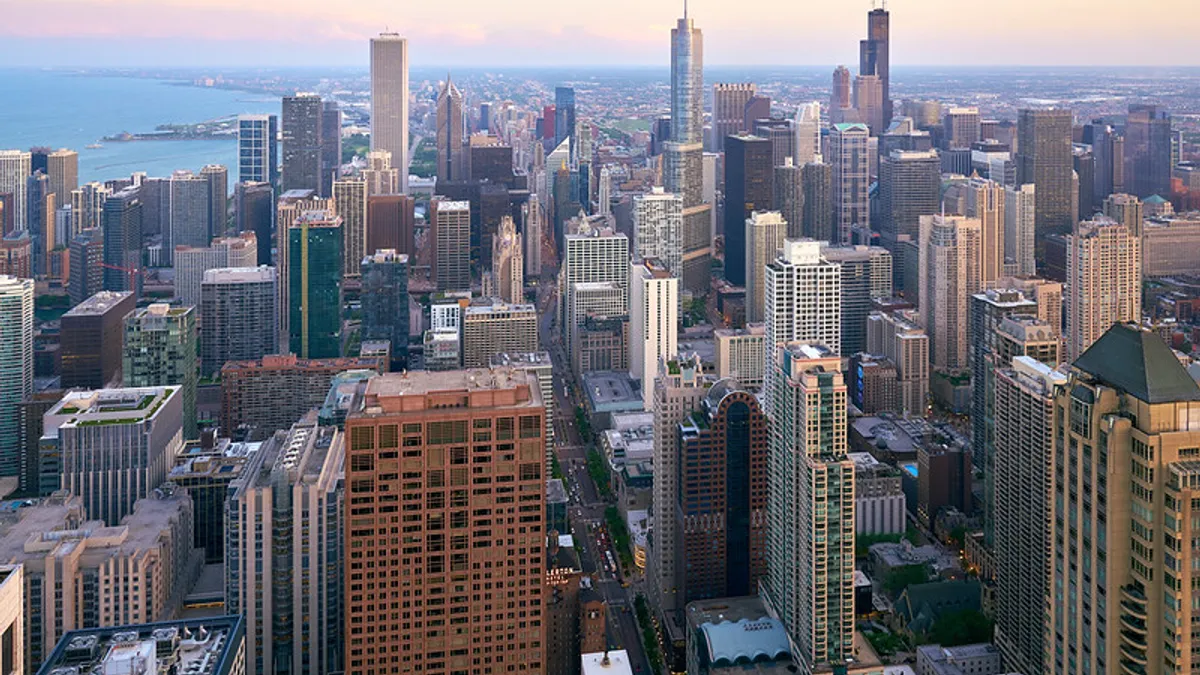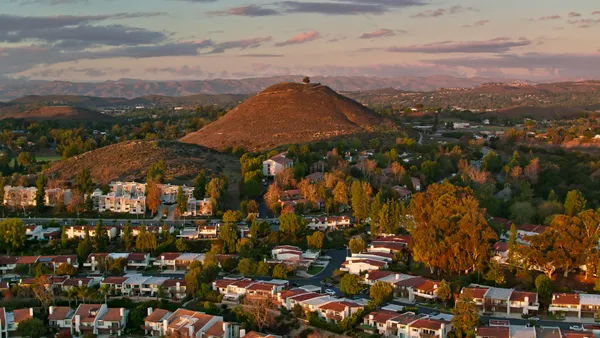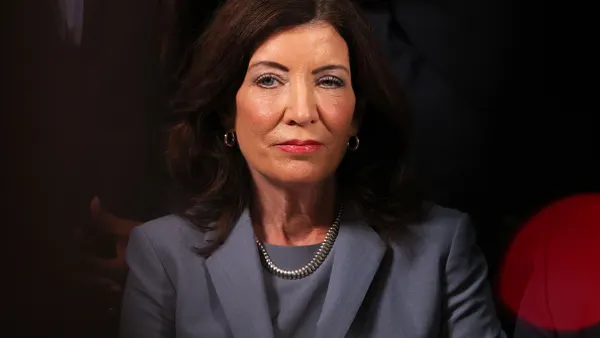Dive Brief:
- The Rockefeller Foundation has launched the Rockefeller Foundation Opportunity Collective (ROC) to encourage investments within the public and private sectors for inclusive growth and recovery from the coronavirus pandemic.
- The ROC will invest an initial $10 million to government, business, faith and nonprofit partners in 10 cities: Atlanta; Boston; Chicago; El Paso, TX; Houston; Louisville, KY; Miami Dade County, FL; Newark, NJ; Norfolk, VA; and Oakland, CA.
- Investments from ROC will center around two main goals: preventing community displacement, and eliminating the barriers to credit and capital for low-wage workers and small businesses run by women, Black and Latinx residents.
Dive Insight:
About 26.5 million adults in the U.S. are not involved in the credit economy, with 15% of Black and Hispanic Americans considered "credit invisible."
Nonexistent credit information and a lack of capital can severely limit economic development within a community. Black and Hispanic businesses in the U.S. are given only 2.5% and 5.8%, respectively, of funding from the Small Business Administration. Those figures contribute to communities that are hit by lost job opportunities and restricted housing options, according to the Rockefeller Foundation, which are issues heightened by the pandemic.
"The disproportionate economic toll on communities of color has historically stymied access to opportunity and been exacerbated by the COVID-19 pandemic," Otis Rolley III, senior vice president of the U.S. Equity and Economic Opportunity Initiative at The Rockefeller Foundation, said in a statement. "It's going to take a collective effort ... to meet the moment and undo the racist economic inequities that have plagued these communities for decades."
Cities across the country are working individually to address the racial disparities that COVID-19 has highlighted, too. Chicago, which is part of the ROC, recently appointed a new chief sustainability officer with a goal to weave racial equity into the city’s aggressive climate goals.
As of April 2020, 72% of the city's COVID-19 deaths were among the city's Black residents — despite Black residents representing just 30% of the city’s population. Chicago's Black residents are more susceptible to the disease due to pre-existing conditions, exacerbated by neighborhoods that have experienced years of disinvestment, with lower quality access to essentials like healthcare, transit and affordable food.
"By drawing on the comprehensive resources of our communities, this visionary program will not only provide critical support to our neighborhoods devastated by the COVID-19 crisis, it will also help address the deeper, generational fissures of inequality across our cities," Chicago Mayor Lori Lightfoot said of the ROC in a statement.
Other private partners like the Knight Foundation recently invested $10 million into seven public data projects that are designed to improve civic engagement, in addition to addressing gentrification, across a number of cities. In San Jose, CA for example, architecture design firm Gensler is using augmented reality to create data visualizations that will inform residents about the city's availability of affordable housing units in new development projects.
The Rockefeller Foundation’s $10 million investment is also part of their larger $65 million investment to aid the 10 million-plus low-wage workers across the country in meeting their basic needs.
To keep up with all of our coverage on how the new coronavirus is impacting U.S. cities, visit our daily tracker.












